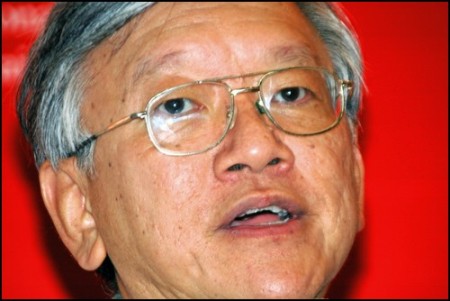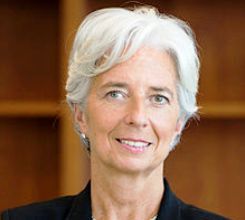By Chakravarthi Raghavan* | IDN-InDepth NewsAnalysis
GENEVA (IDN | SUNS) – As trade ambassadors in Geneva, having packed their bags are wending their way across half-the-world, and trade ministers from around the globe, gather in Bali for the biennial Ministerial Conference of the WTO from December 3 to 6, the multilateral trading system is once again trying to prove the ‘uncertainty’ principle of quantum theory in physics.










